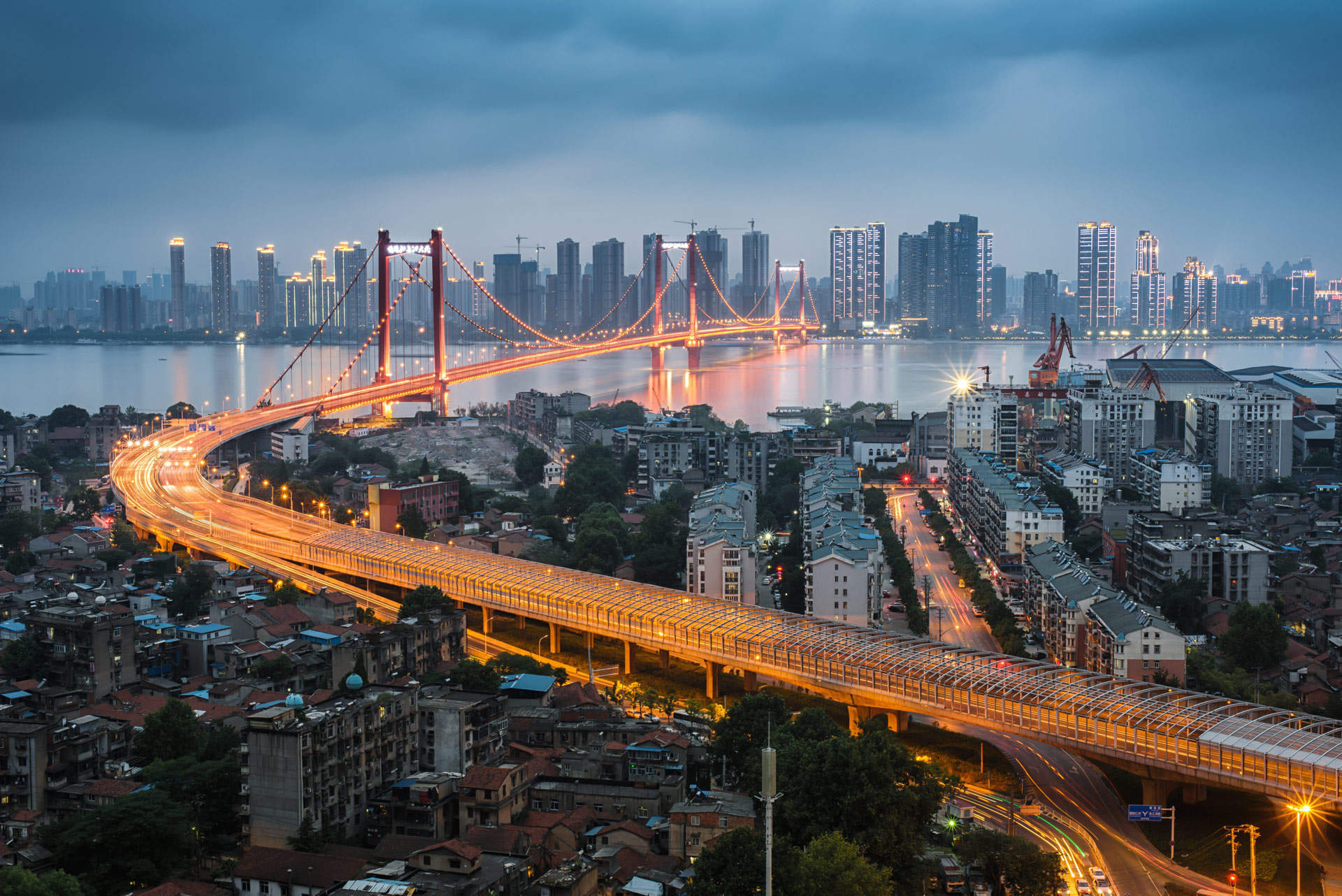
The Wuhan Development Zone, a district in the city of Wuhan, the capital of Hubei province in China, has proposed to transform itself into a robot city.
The global robot market is growing, reaching 160 billion yuan in 2017 and expected to reach 240 billion yuan by 2020. According to a report by the International Federation of Robotics, demand for industrial robots grew by 58% in China in 2017.

Access deeper industry intelligence
Experience unmatched clarity with a single platform that combines unique data, AI, and human expertise.
Wuhan is keen to capitalise on this through developing big data, cloud computing, and industrial Internet of Things to advance the country’s robotics industry and create a “capital of robots”.
The zone is currently known as the “capital of cars” due to the automobile and auto parts industry in the region. However, as the development of China’s automobile industry slows, the local government has identified robotics as a potential area for growth.
3,500 robot units have already been put into use, at a ratio of one robot to ever 100 workers. Although this is above the national average, this still lags behind the most developed countries in the world.
To close this gap, a “robot city” is being built in the zone, with the hope of generating 10 billion yuan by 2020, 30 billion yuan by 2022 and 50 billion yuan by 2025.

US Tariffs are shifting - will you react or anticipate?
Don’t let policy changes catch you off guard. Stay proactive with real-time data and expert analysis.
By GlobalDataWuhan hosts the World Robot Contest
The zone recently hosted the 2018 World Robot Contest (WRC). The robotics competition saw over 5,000 contestants from more than a dozen countries take part. The event is designed to promote technical exchange, talent training and global cooperation in the robotics industry.
During the three-day event, competitions such as robot football matches, underwater detection challenges and unmanned aerial vehicle contests were held.
The Wuhan Development Zone Working Committee believes that hosting the contest was a step towards constructing the robot town.
Wuhan the robot city
Whether it’s autonomous vehicles, drones delivering packages or robots managing road traffic, “smart cities” are becoming the test beds for all sorts of robotics.
As well as Wuhan, many cities around the globe are incorporating automation into the urban environment, with self-driving takeaway delivery robots deployed in Milton Keynes, robot pharmacists filling out and delivering prescriptions in San Francisco and self-driving robo-taxis being trialled in Tokyo.
The Wuhan Development Zone Working Committee hopes that the Wuhan Development Zone will become a similar hub for the robotics industry. The plan is for Wuhan to become a base of national importance and global influence in the near future, with the robotics industry a key component of the country’s “Made in China 2025” programme.
Zhang Jianwei, a robotics researcher from the University of Hamburg, told China Daily:
“The integration of robots and artificial intelligence will bring huge influence in fields including industrial manufacturing, elderly and disabled care, educational technology and modern finance.”







